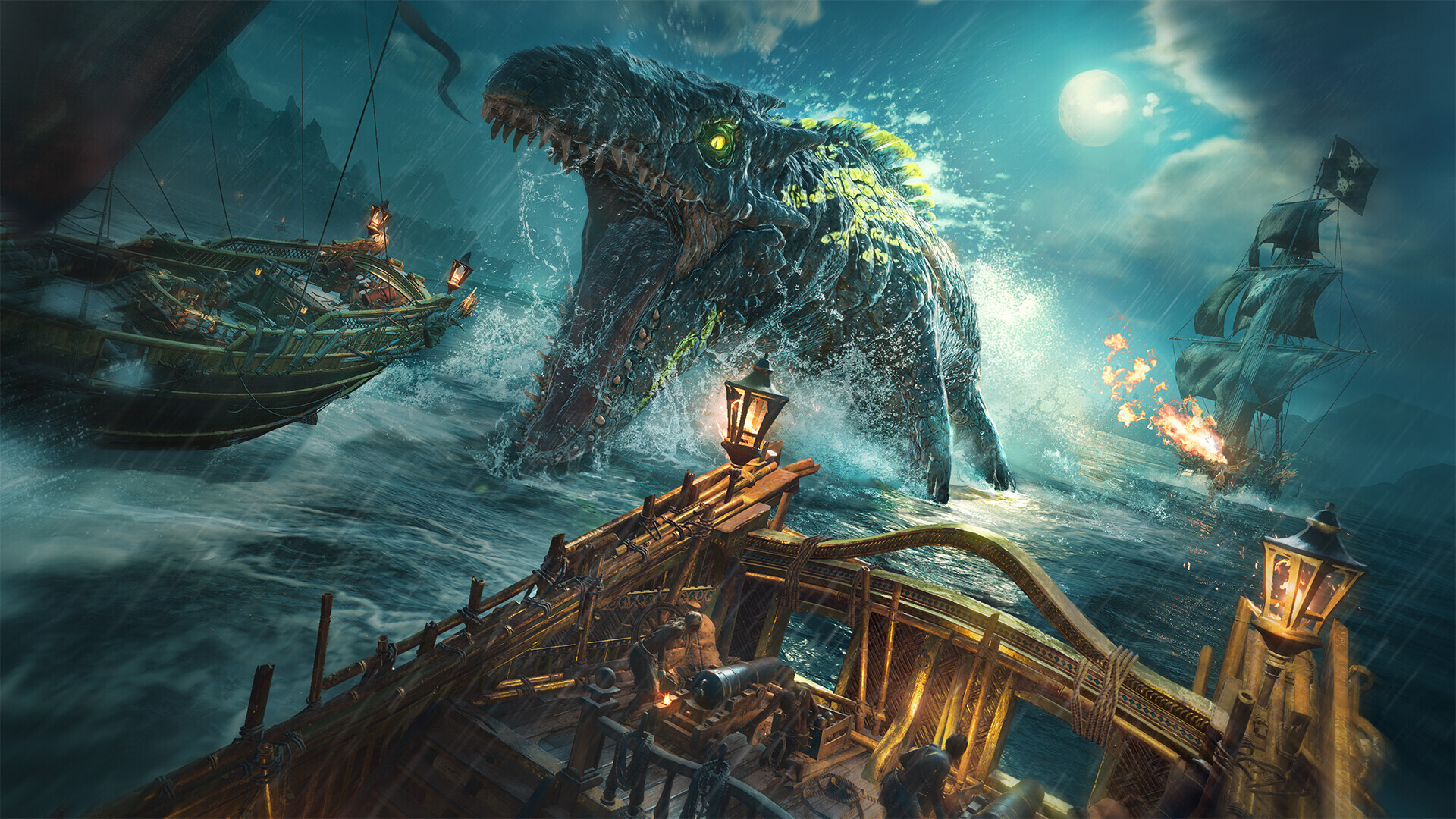Some games just never stood a chance. These are the releases that crashed and burned the moment they hit shelves – hyped one day, forgotten the next. The stories behind them are equal parts tragic, hilarious, and kind of hard to look away from.
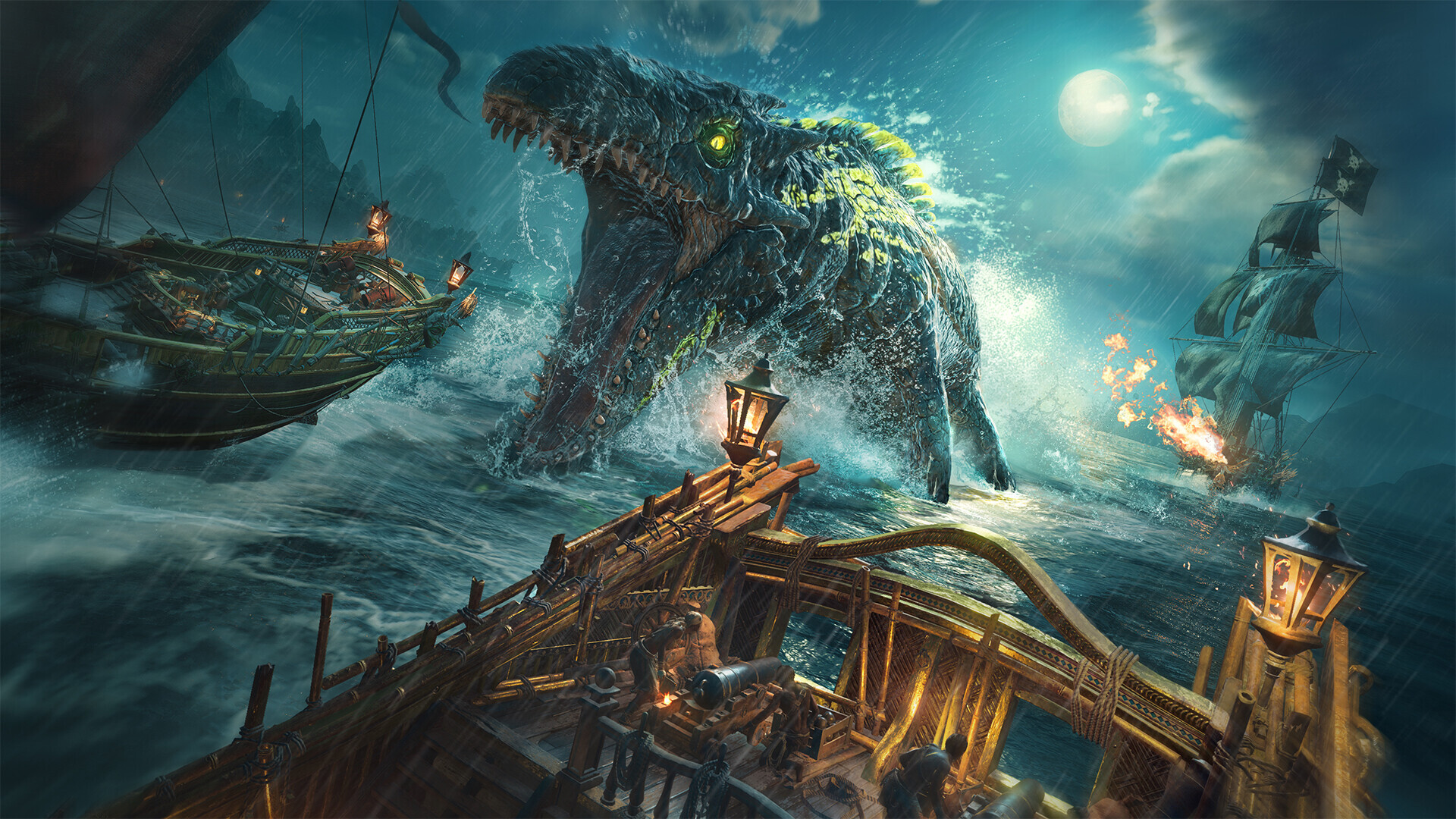
Some games never even got the chance to live. One moment they’re on store shelves, the next they’re vanishing faster than your will to replay E.T. on Atari. Whether it was bad timing, confusing marketing, or plain old bad luck, these titles flatlined the instant they hit the market – leaving behind only confused players and dusty copies in bargain bins.
From ambitious flops to overhyped disasters, these are the games that barely made it out of the gate before getting buried by history. It’s a mix of fascinating cautionary tales and “what were they thinking?” moments.
MindsEye (2025)
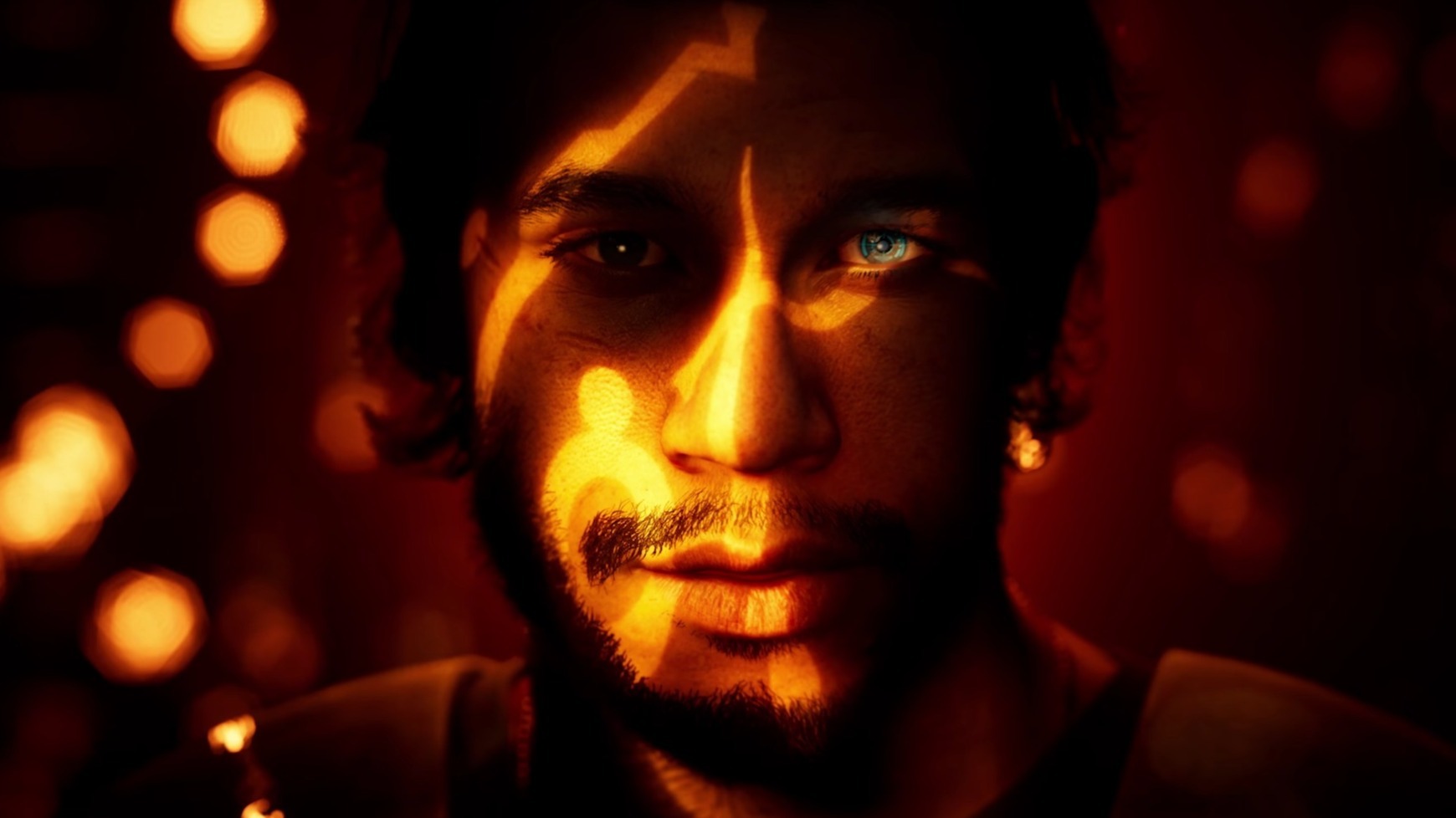
For a game hyped as the “next big leap” from a former Grand Theft Auto producer, MindsEye stumbled right out of the gate. Players expected a cinematic, open-world thrill ride; what they got was a technical mess that felt unfinished in every corner. Performance drops, bizarre bugs, and lifeless NPCs made the whole thing play like a beta dressed as a blockbuster. The potential was there, buried under ambition and bad QA. Within days, reviews were brutal, refund requests flooded in, and it quietly slipped from conversation – a costly dream that flatlined before it found its pulse.
Splitgate 2 (2025)
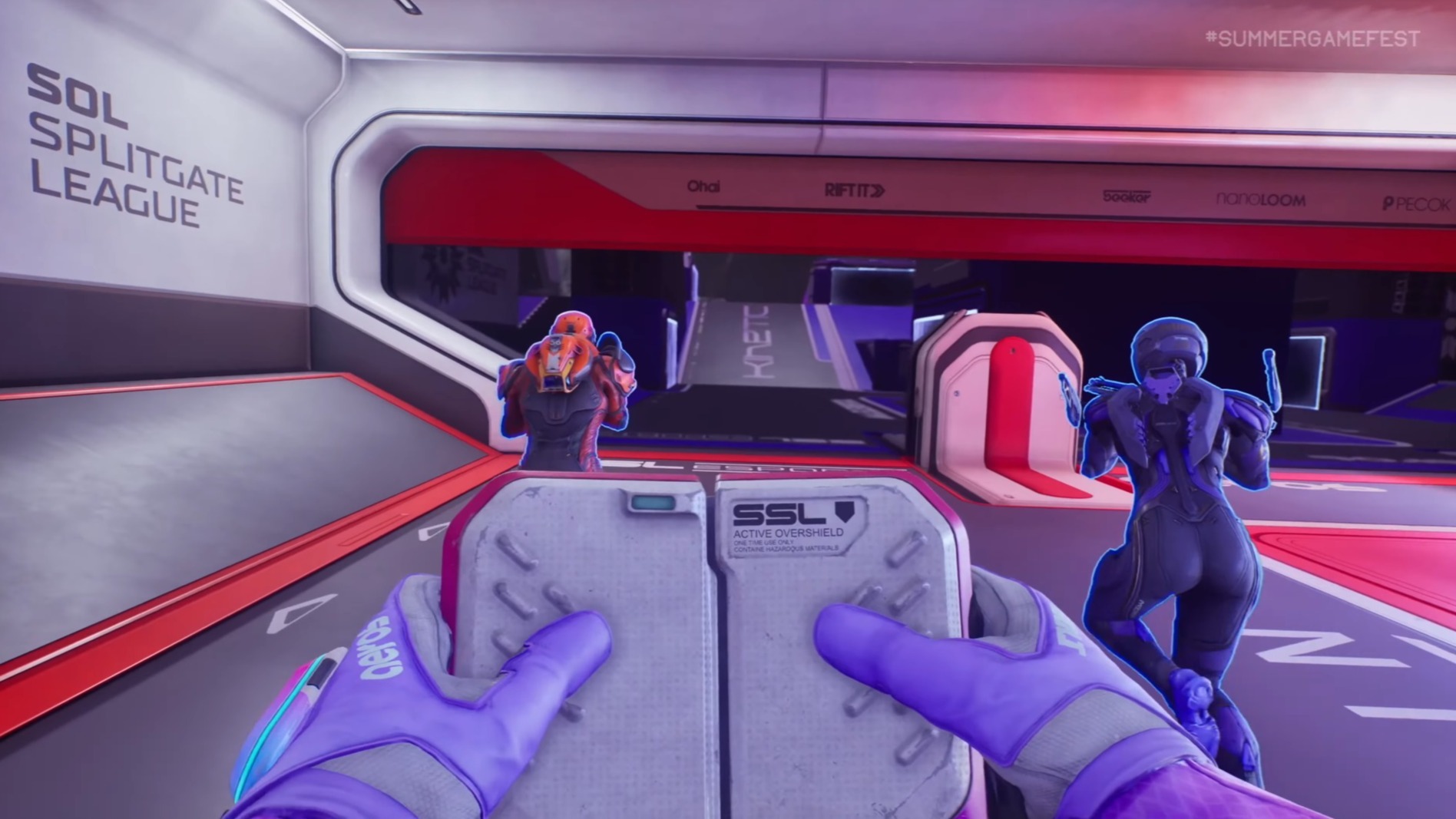
There’s a tragic comedy in watching a sequel outlive its welcome faster than its beta. Splitgate 2 tried to evolve its sci-fi arena shooter formula with bigger maps, flashier portals, and a “live service” pitch, but something about it just didn’t click. Fans of the first game called it bloated, while newcomers didn’t stick around long enough to care. Technical issues, broken matchmaking, and a monetization system that screamed “early access forever” sealed the deal. Within weeks, the developers hit the emergency brakes and sent it back to beta – a sequel that managed to un-release itself.
Concord (2024)
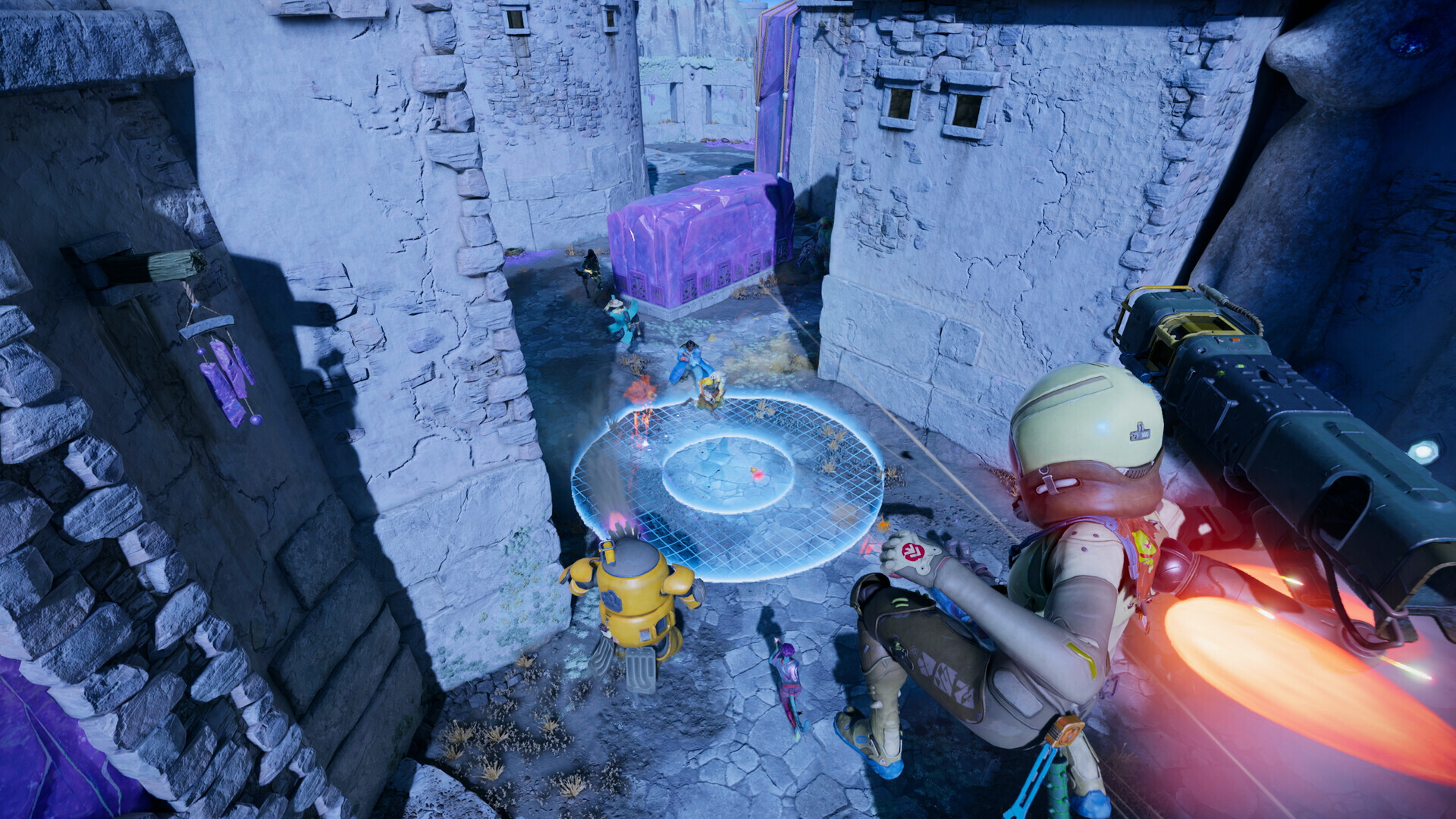
Every now and then, a studio spends years building something that looks slick on paper and then evaporates in reality. Concord was Sony’s big bet on the hero-shooter craze – vibrant cast, cosmic setting, and plenty of marketing muscle. Unfortunately, the game felt like an AI-generated cocktail of every shooter you’ve already played. Players bounced off instantly, calling it soulless and painfully generic. Within two weeks, servers went dark, refunds rolled out, and Sony pretended it never happened. It’s hard not to feel a bit sorry for it, though – Concord didn’t just flop, it speed-ran extinction.
Suicide Squad: Kill the Justice League (2024)
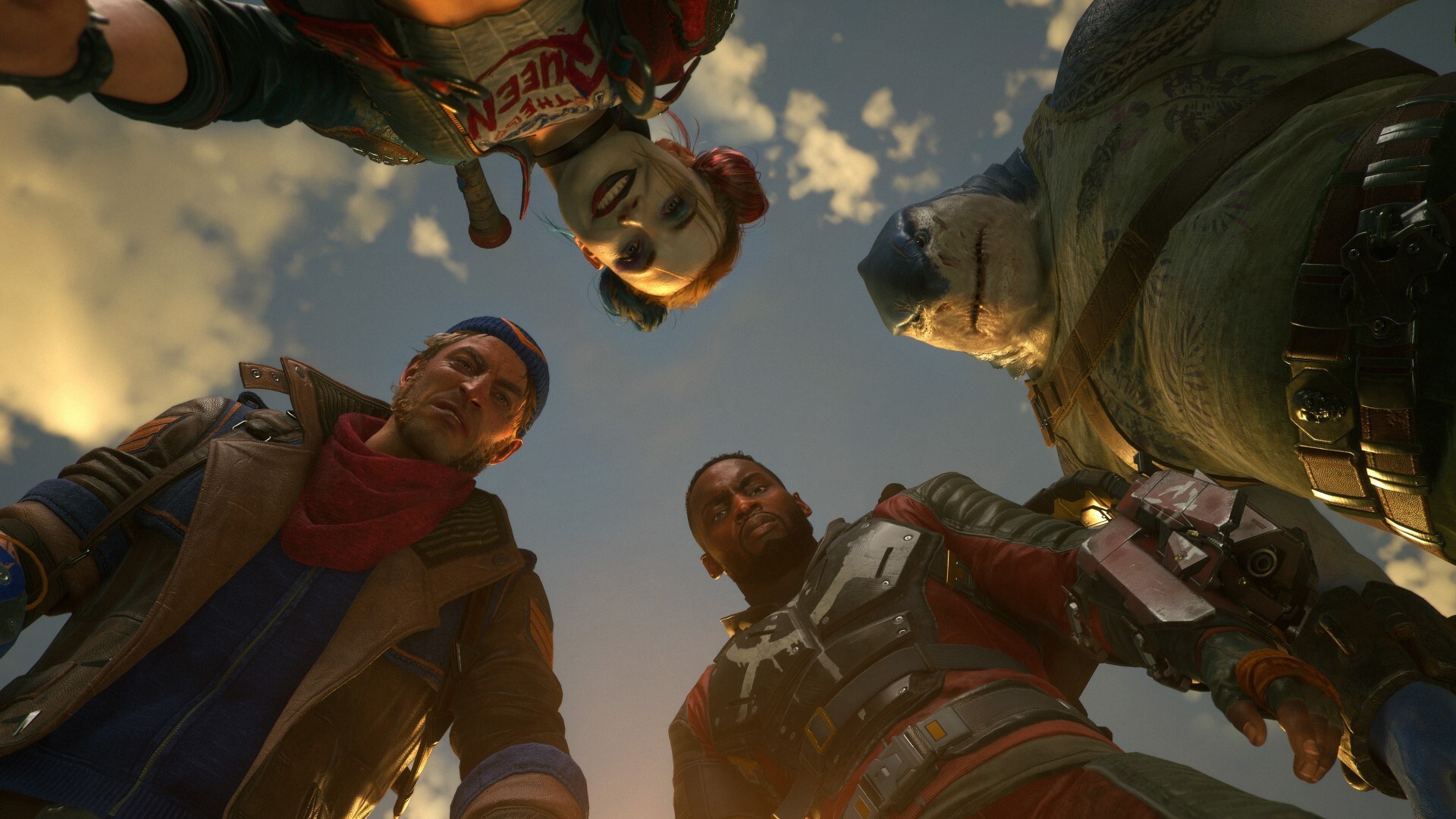
When you’ve built your reputation on the Arkham series, expectations are sky-high – and Suicide Squad: Kill the Justice League collapsed under that weight. The premise had promise: chaotic co-op combat in a DC universe gone rogue. But what landed was a grind-heavy live-service shooter that felt allergic to fun. Repetitive missions, constant gear juggling, and awkward humor turned excitement into exhaustion. Despite a big launch and heavy marketing, it lost players faster than Harley Quinn could crack a joke. By the end of the year, support dried up, and the game became a cautionary tale for franchise fatigue.
Star Wars Outlaws (2024)
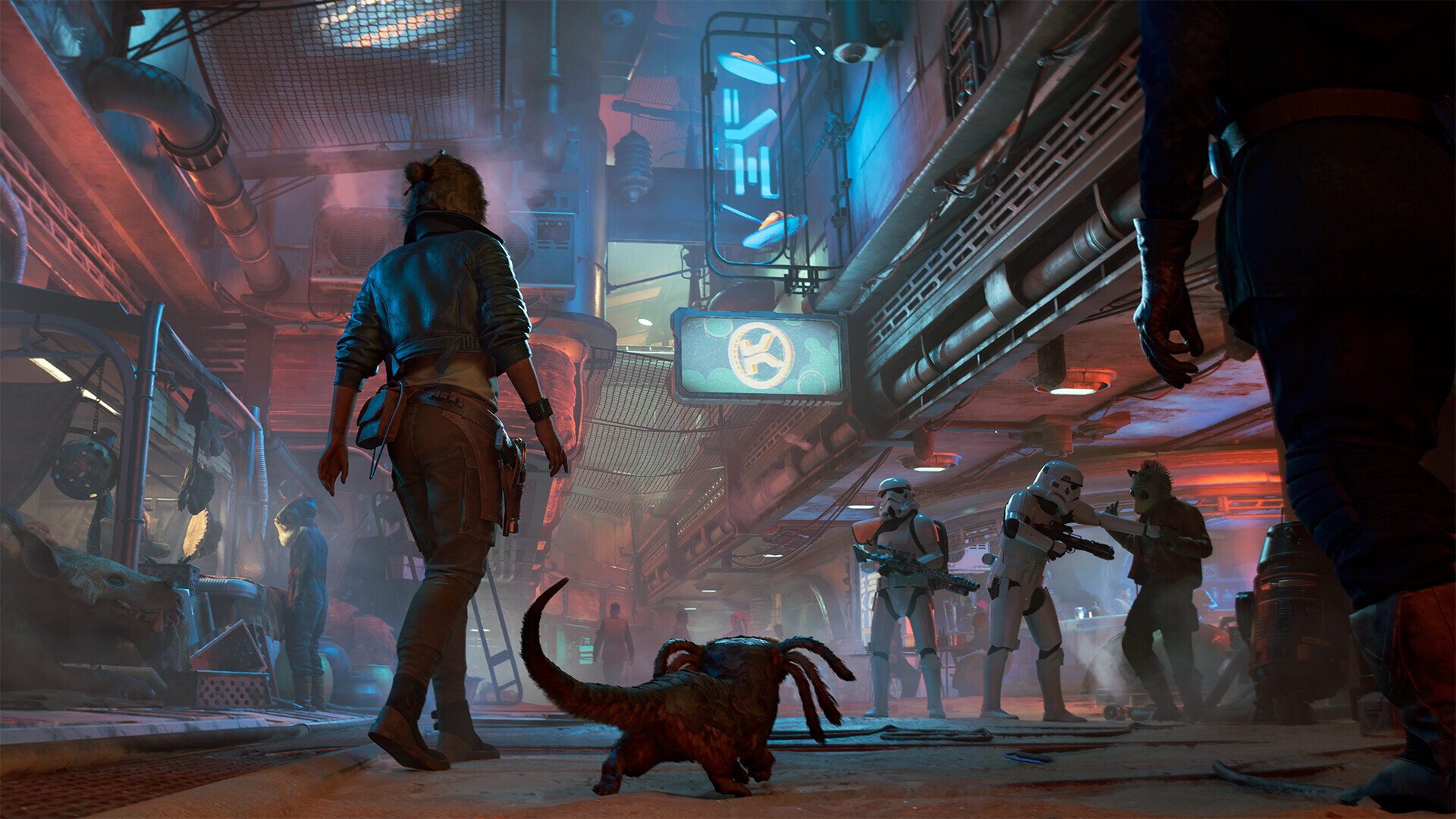
It’s almost poetic that a game about smugglers and scoundrels couldn’t escape its own launch troubles. Star Wars Outlaws arrived with jaw-dropping visuals and sky-high expectations, promising the galaxy’s first truly open-world adventure. What players got instead was an empty universe filled with dull side quests, uneven pacing, and performance dips that broke immersion faster than a TIE fighter through glass. Critics praised the art direction but lamented the lifeless gameplay loop. Within weeks, its player base thinned out, leaving a beautifully built world that no one bothered to explore. A gorgeous ghost ship in the Star Wars fleet.
Skull & Bones (2024)
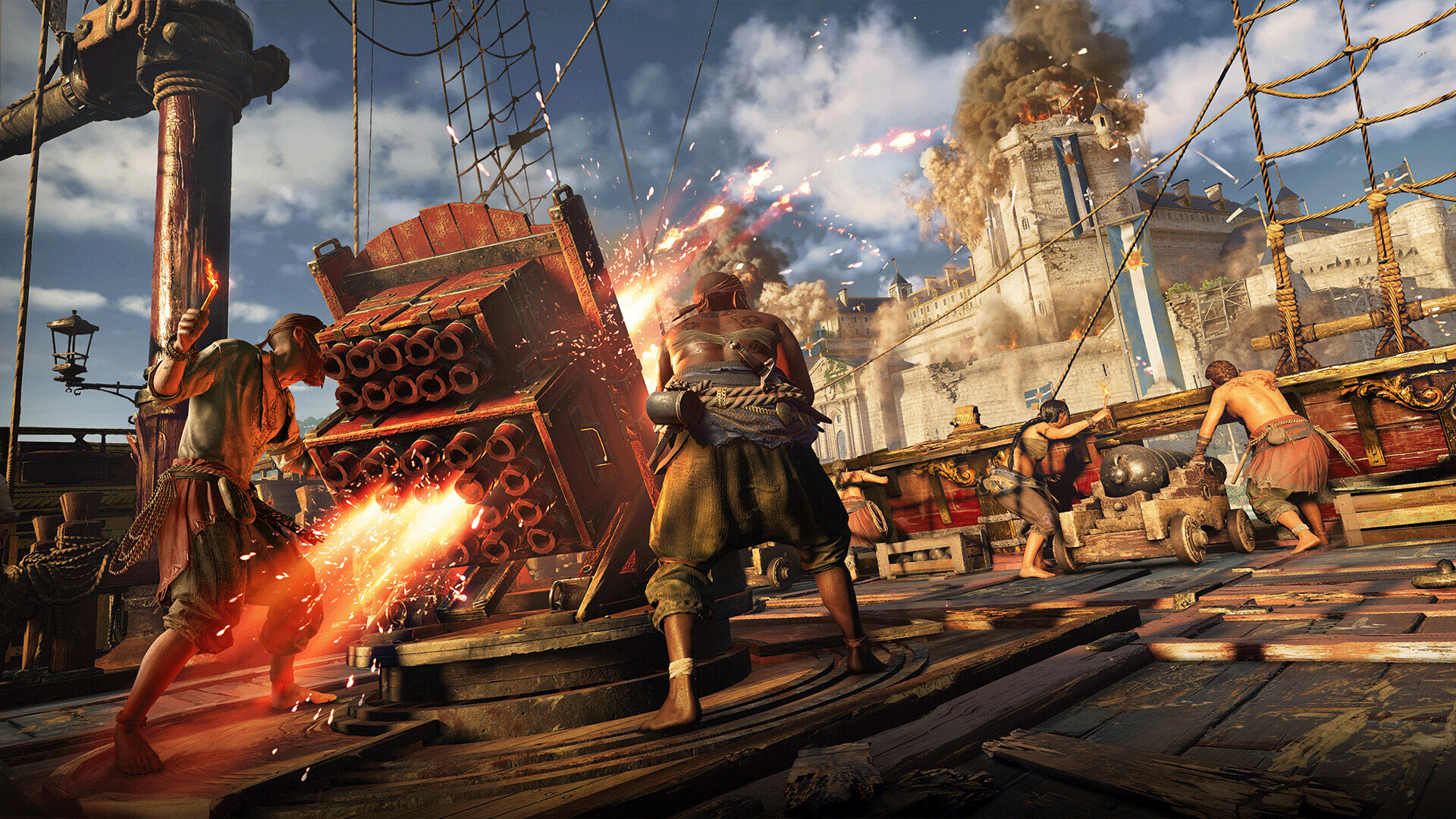
You’d think a decade of development time would make a pirate game feel legendary. Instead, Skull & Bones finally docked and immediately capsized under the weight of its own hype. There was treasure to be found in its naval combat, sure, but most players just found grind, repetition, and a menu full of microtransactions. The open seas looked gorgeous, yet somehow felt empty – like a theme park ride that forgot to move. After years of memes about delays, the real joke was how quickly everyone stopped caring once it launched.
XDefiant (2024)
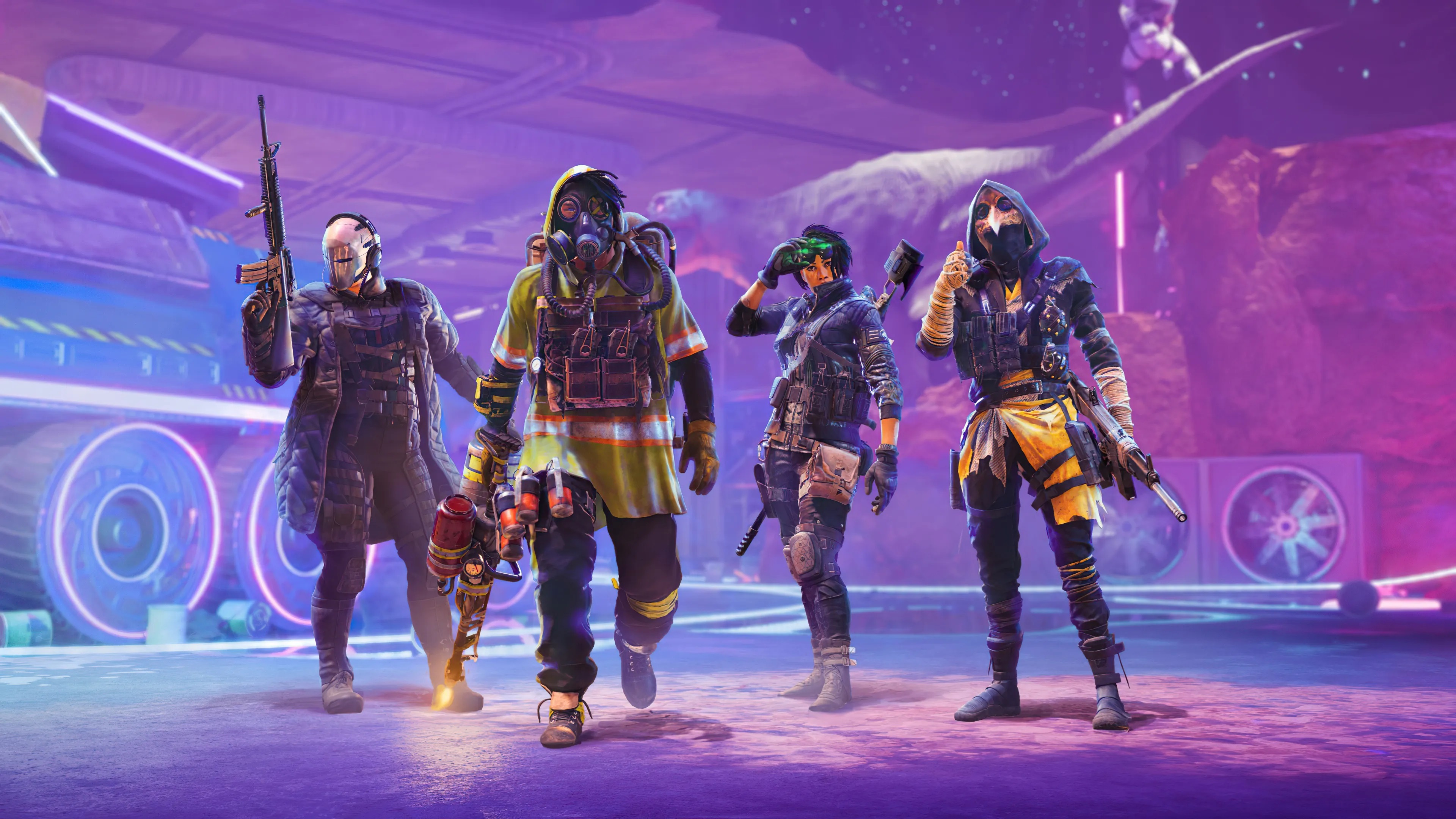
Gamers were ready to give XDefiant a shot – it looked fast, chaotic, and just rebellious enough to stand out. Then the servers coughed, matchmaking broke, and everyone’s excitement evaporated before the first proper match. It wasn’t bad, just painfully forgettable, which might be worse. You could feel the potential buried under uneven gunplay and that unmistakable “corporate trying to sound edgy” energy. For a game that promised to shake up the FPS scene, it ended up being background noise no one turned back up.
The Day Before (2023)
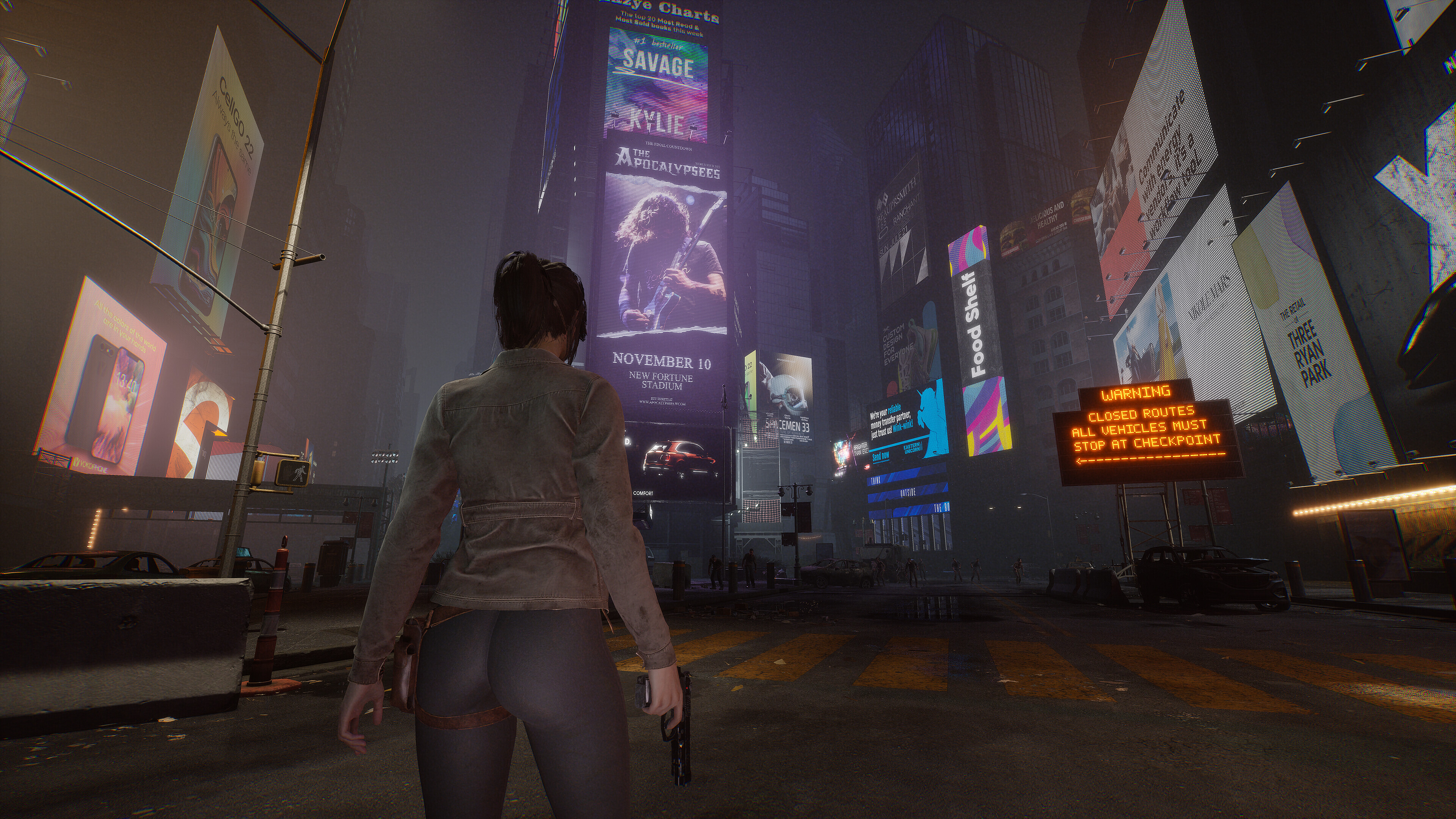
If there’s ever a hall of fame for gaming disasters, this one’s getting a front-row plaque. The Day Before arrived on Steam like a ghost town – buggy, unfinished, and almost unrecognizable from the flashy trailers that sold the dream. Players went in expecting a gritty survival MMO and found what felt like a student project with a marketing budget. Within 48 hours, refund requests buried the servers, and the studio behind it closed down entirely. It was part mystery, part meltdown – and all over before anyone figured out what it was supposed to be.
Redfall (2023)
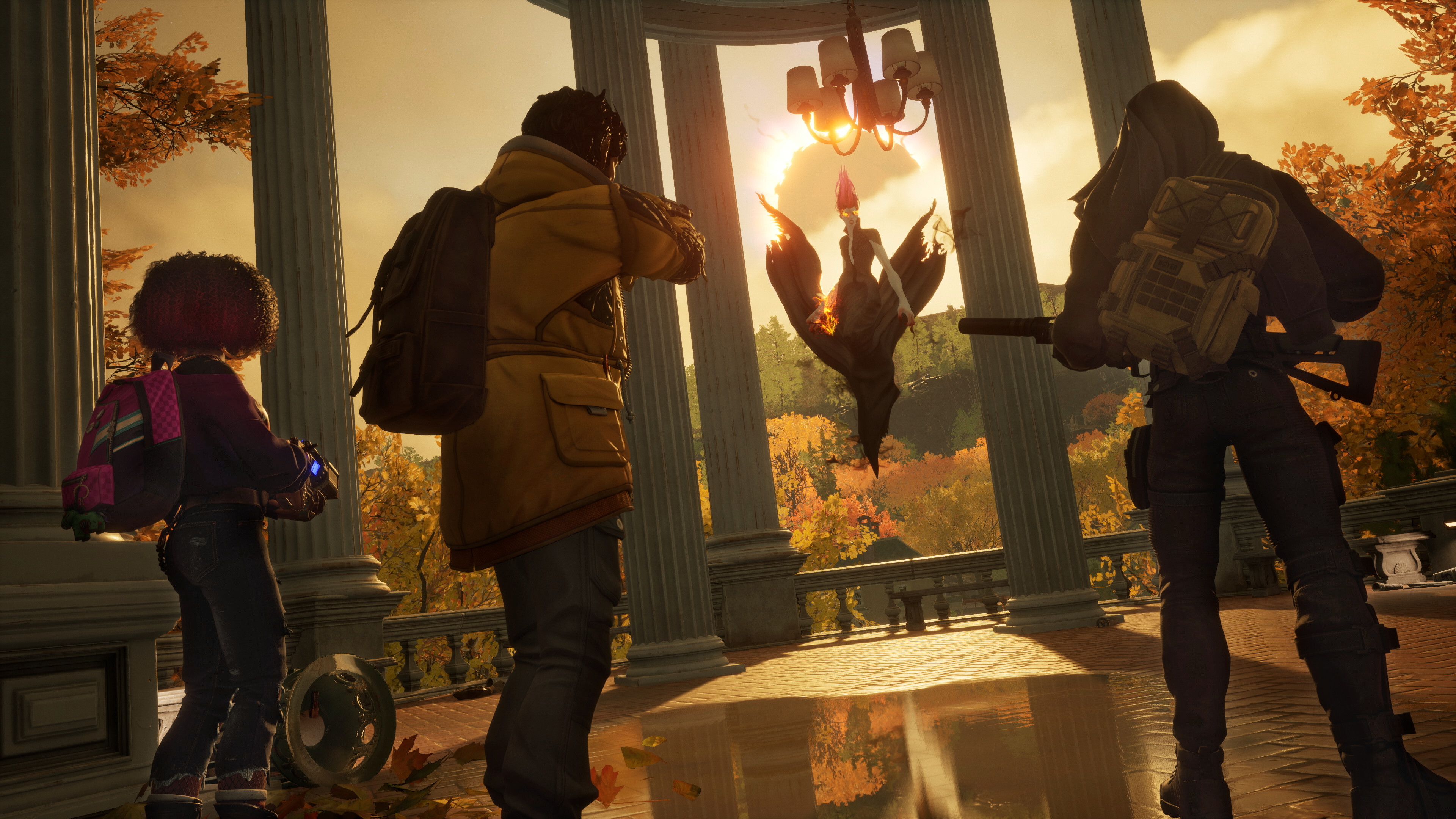
Every vampire story needs victims, and in Redfall’s case, that turned out to be the players. What looked like a stylish, co-op hunt through a cursed Massachusetts town ended up being one of the most awkward launches of the decade. Enemies stood still, missions broke mid-run, and the open world felt emptier than a blood bank after midnight. The real heartbreak was seeing Arkane – a studio once synonymous with brilliance – miss this hard. It wasn’t scary, or fun, or even funny. It was just sad.
Forspoken (2023)
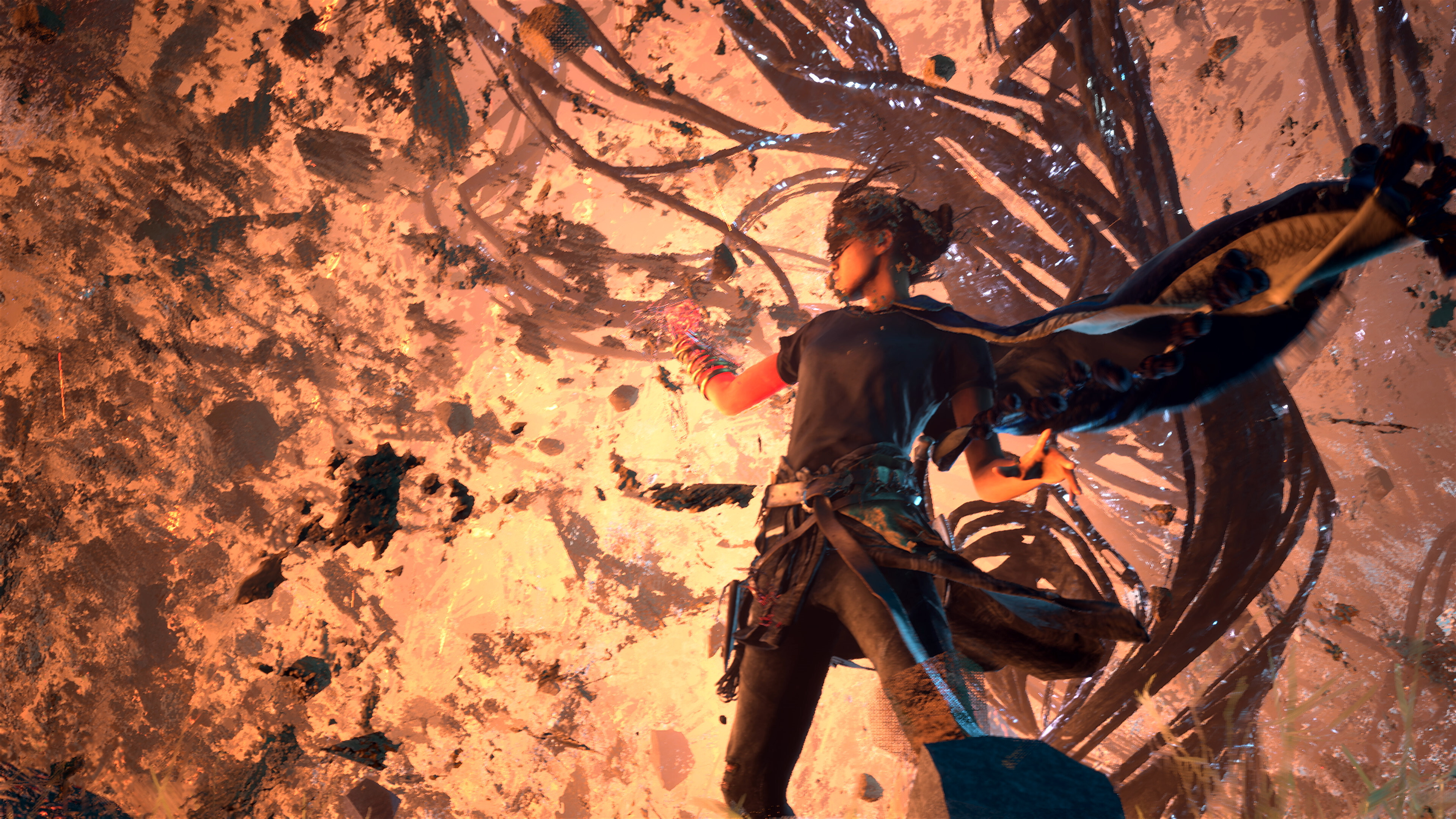
There’s a version of Forspoken out there – in some alternate universe – that truly works. The one we got was gorgeous to look at, technically ambitious, and narratively tone-deaf. The parkour magic felt great for ten minutes, then the monotony set in. Characters spouted awkward one-liners, the world felt empty, and no amount of particle effects could distract from how hollow it all was. People didn’t hate it so much as they sighed and quietly moved on, which might be the cruelest fate a game can have.
Wanna see more? Check out Part 2!


































